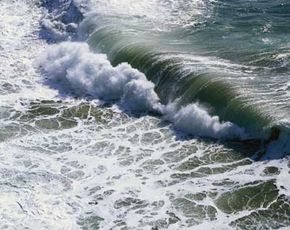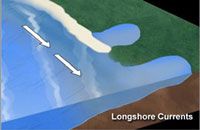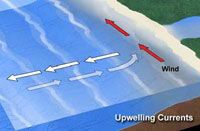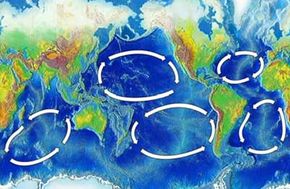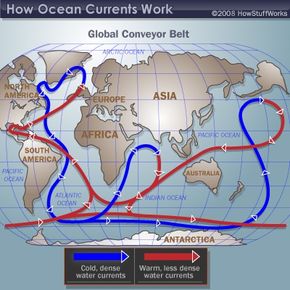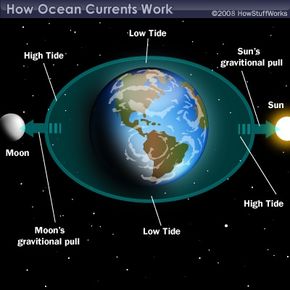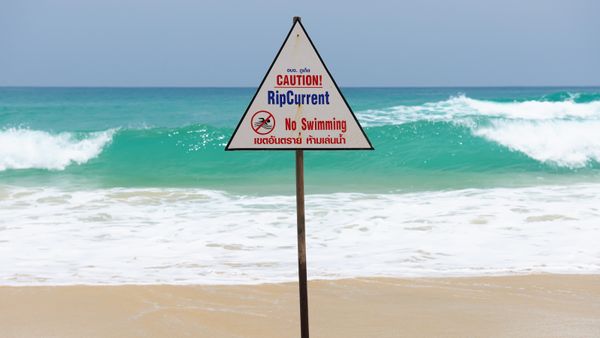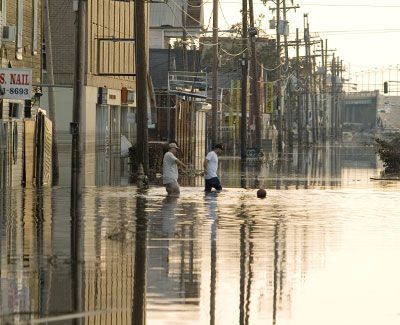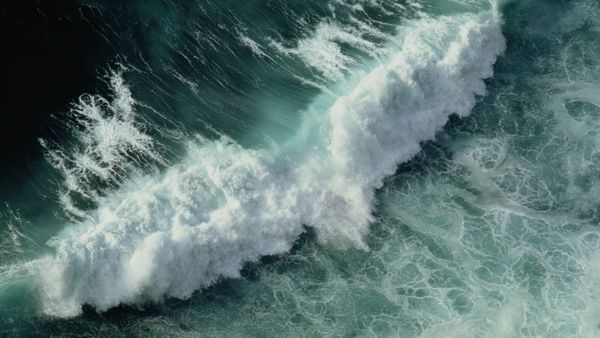If you've ever lost your hat or a pair of sunglasses in the ocean, then you know that the sea doesn't stay still. If you didn't retrieve the lost item immediately, it was likely well on its way to the other side of the world, carried away by ocean currents.
When speaking of water, the word current refers to the motion of the water. Currents are found in rivers, ponds, marshes and even swimming pools. Few bodies of water have the intricate system of currents that oceans do, though. Ranging from predictable tidal currents to fickle rip currents, ocean currents may be driven by tides, winds or differences in density. They profoundly affect the weather, marine transportation and the cycling of nutrients.
Advertisement
How exactly? Among other things, ocean currents are responsible for the warmer temperatures in Western Europe, they enable the Antarctic to support vast amounts of plant and animal life and their disruption likely caused a mass extinction of 95 percent of all marine life 250 million years ago [source: NOAA: "Ocean"]. One type of ocean current even continually empties oceans into one another and essentially flips the water in them upside down every 1,000 years [source: NOAA: "Ocean"].
Knowledge of ocean currents is essential to the shipping and fishing industries and is helpful for search-and-rescue operations, hazardous material cleanups and recreational swimming and boating. Using a combination of predicted and real-time measurements of current patterns, boaters can safely dock and undock boats, rescuers can determine where a missing person may drift, cleanup crews can anticipate where spills might go and surfers can position themselves to catch the perfect wave.
Whether you want to learn more about local currents, like the ones that pull you out to sea when you visit the beach, or the global currents that circumnavigate the globe, this article will answer all of your basic questions about ocean currents. What causes them? What forms do they take? How do they affect ecosystems? On the next page, you'll learn about currents that take place at the ocean's surface.
Advertisement
